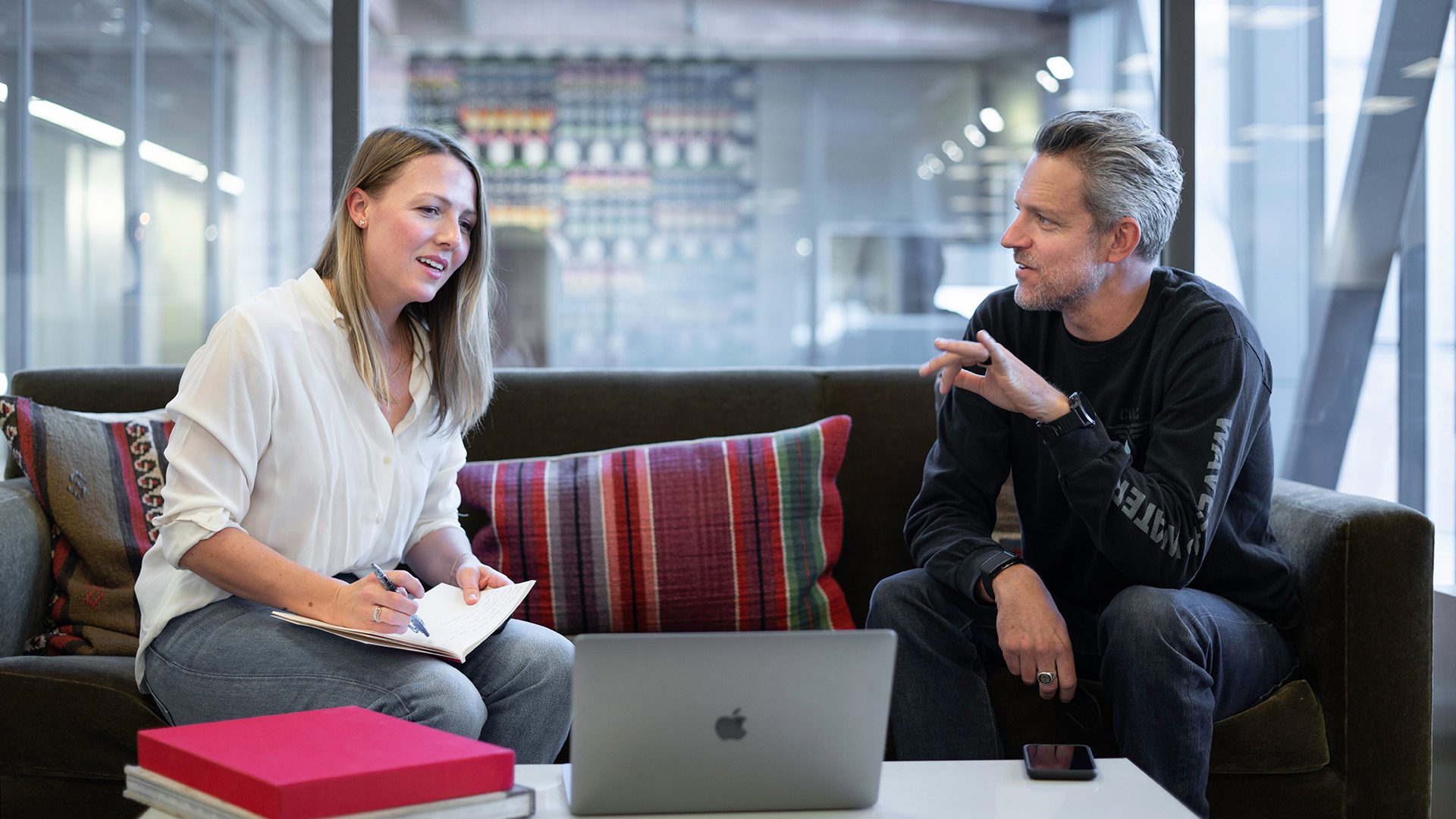If I had a dollar for every workplace health and well-being expert I hear regaling us daily with their latest insights for building better workplace health and well-being, I’d be very rich and, frankly, bored stiff.
All this blah, blah, blah, it’s enough to irritate even the most ardent Swedish activist who would be asking the same question.
Enough blah! What are you doing about it?
Yes, conversations are needed to build awareness of the issues being faced and yes there is a need for psychologically safe workplaces. Still, all talk and no effective action isn’t getting us anywhere.
It’s not that we don’t know; we don’t do it because the system is set up to disallow it to happen. Or it all seems too hard. Or we don’t know where to start.
Covid was a game changer by providing a pattern interrupt. For the first time we had time to pause and reflect
“Is this really how I want to live my life?”
“Is the corporate world where I truly want to be?”
As we proceed into the post-Covid era (though yes, Covid variants are still around) are you still wishing more had been done to address the work overload, the bullying, the harassment, and toxic workplace relationships?
Are you wondering why you’re still hearing the same excuses for not getting more flexible hours, are being asked to work a double shift (again), and why your boss expects you’ll suck up all the excess workplace stress and take it in your stride?
Workplace health and well-being is a journey, not a destination, and essential for any organisation seeking to retain a competitive advantage and its staff.
And it must be led from the top.
This is why putting the onus on the individual to lift their game and be more resilient is unhelpful and frankly an insult, adding to the stigma of those falling foul of workplace stress-related health issues, burnout, and mental health challenges.
Because no one has burnout on their vision board.
No one sets out to make themselves unwell from overwork.
Nor does anyone wish to develop mental distress, anxiety, or depression.
What makes me sad and mad is that so much of workplace malaise is unwarranted and preventable.
You don’t need more resilience training.
You don’t need complex apps and online dashboards that add to daily to-do lists.
What is helpful is a human-centric approach that recognises what enables us as humans to function at our best.
To make high-performance (because many of us want to do well at work) sustainable.
It’s not hard, nor expensive but it does require an understanding of what motivates you to work, what assists you to think clearly, make consistently good decisions, to find meaning in your work and enjoy interacting with your work colleagues.
That’s why I believe positive workplace change will come from leaders who ‘get’ that their organisations will exist and flourish by asking better questions about what is needed to ensure work can be done to the standard required in a timely fashion and then implement those changes.
I’d love to know what practical actions your workplace has implemented to make work, work better, and feel more worthwhile.
If you’re interested in learning more about what makes high-performance sustainable let’s chat, or you can find out more here.


